Pepper, Aji Amarillo (Capsicum baccatum), packet of 20 seeds, organic
$4.95
Family: Nightshade (Solanaceae)
Perennial in Zones 10-12, otherwise grown as an annual, 190 days to harvest
~40,000 Scoville Heat Units
Native to Peru and used extensively in Peruvian cuisine, cooked in stews or (mainly) as a fresh, sliced pepper combined with citrus and red onion. An incomparable condiment! Amarillo means “yellow” which is the cooked color–mature fruits are orange. Once the fruits mature to a bright orange, they may be used in cookery or they may be cut in strips and dried for later use. They dry easily and retain their bright color. Aji amarillo makes a large-leaved bush that appreciates staking. The plant can reach up to 5 feet in height and 3 feet wide. The fruits are large and sparse on the plant. Since maturation takes an extended period of time, these are often greenhouse-grown in 3-gallon or larger pots.
Cultivation: In general peppers prefer a scanty, even water supply, good drainage, full sun, and as long and hot a summer as they can get. Start indoors 40 to 50 days prior to the last frost. Thin seedlings to at least 2 inches apart in the flat. Transplant out to garden after the soil has really warmed up, or if in short-season areas, grow in the greenhouse. The best compost for Peppers is higher in phosphorous than nitrogen. Kelp is well-tolerated and makes for outrageous yields.
20 seeds per packet, Certified Organically Grown
Traditional usage (TWM): flavor enhancement, circulation stimulant, antibacterial, vermifuge, against shock, life extension, prophyllactic to cancer and heart disease.* Source of capsaicin.
* American Heart Association Scientific Sessions Report, Presentation P1036
- Consumption of chili pepper may reduce the relative risk of cardiovascular disease mortality by 26%, according to an analysis of diet and mortality data from four large, international studies.
- Chili pepper consumption was associated with a 25% reduction in death from any cause and 23% fewer cancer deaths, compared to people who never or only rarely consumed chili pepper.
In stock

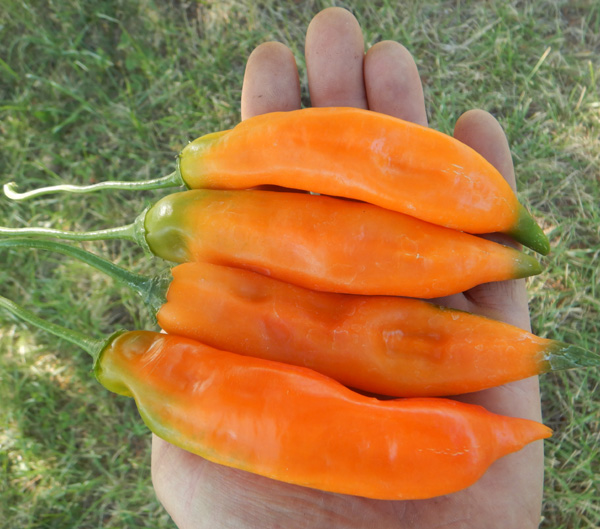
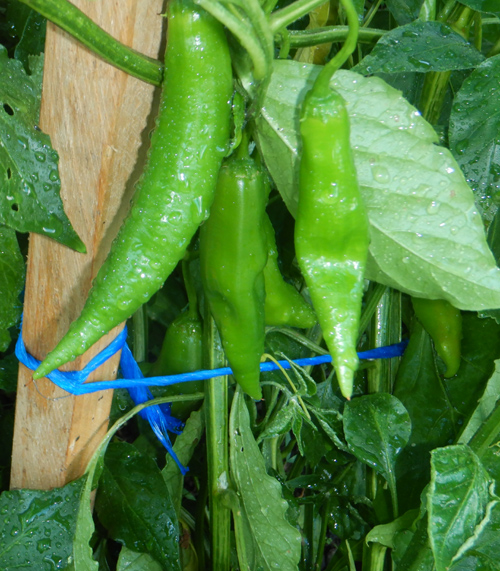

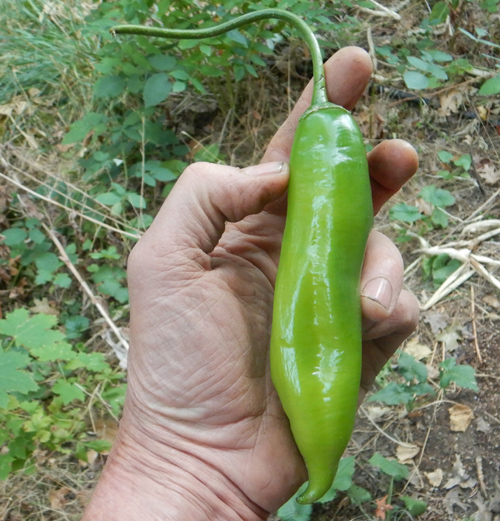
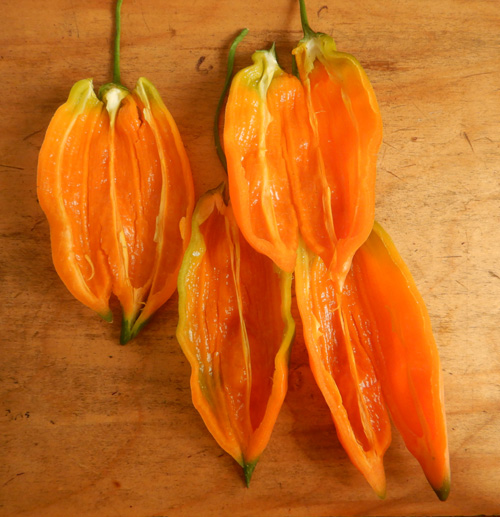

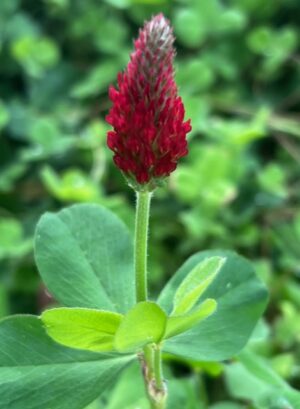



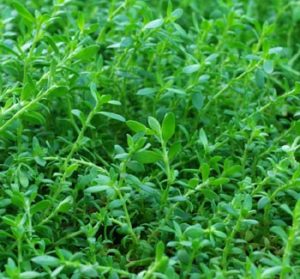

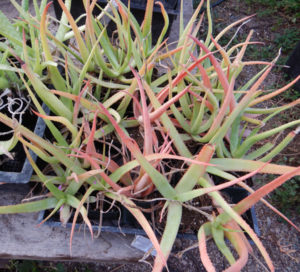
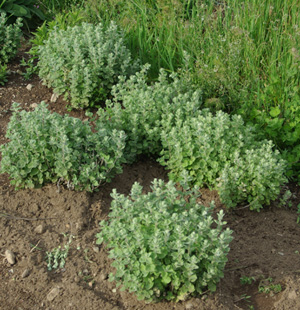
What others are saying
There are no contributions yet.